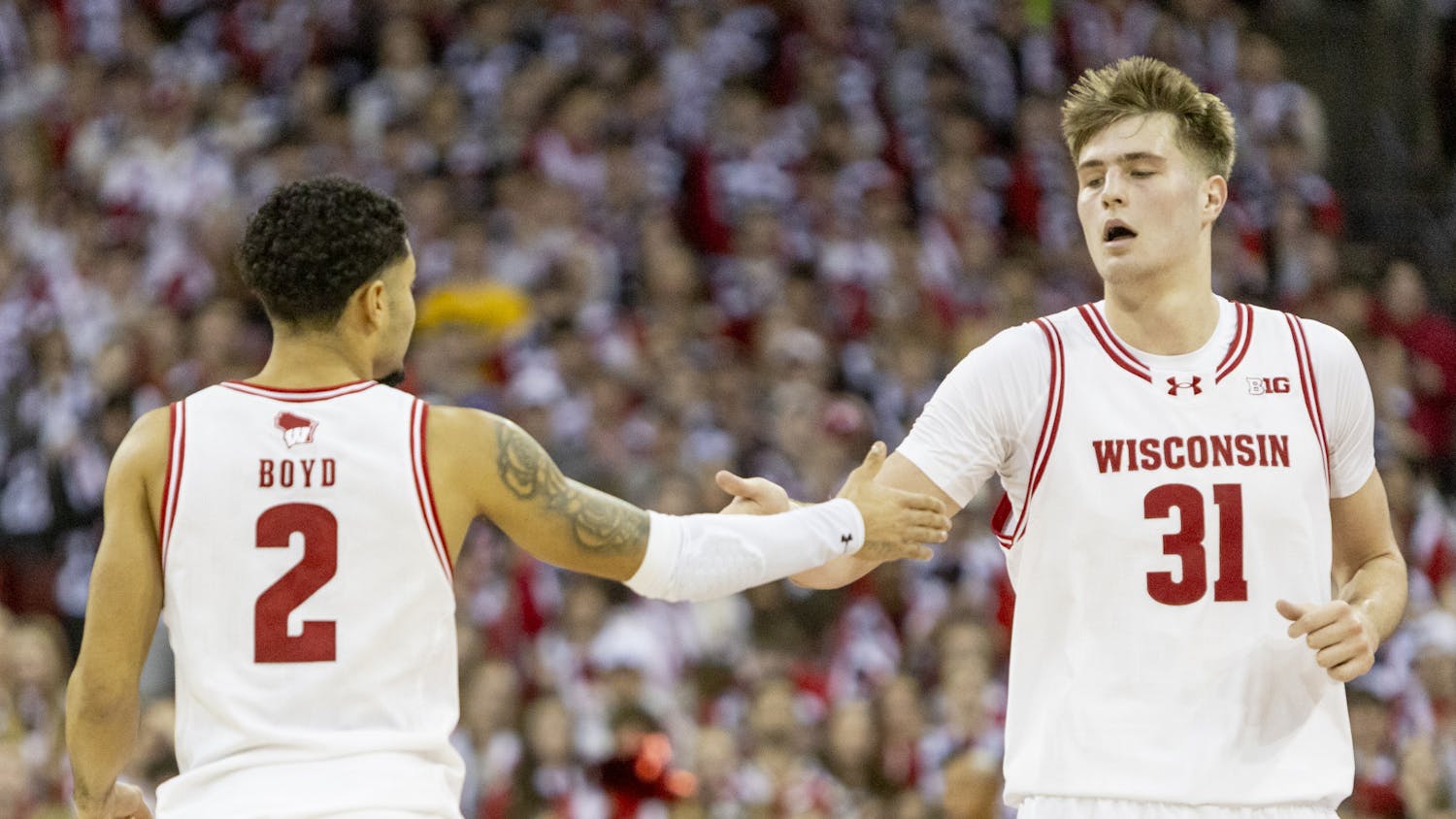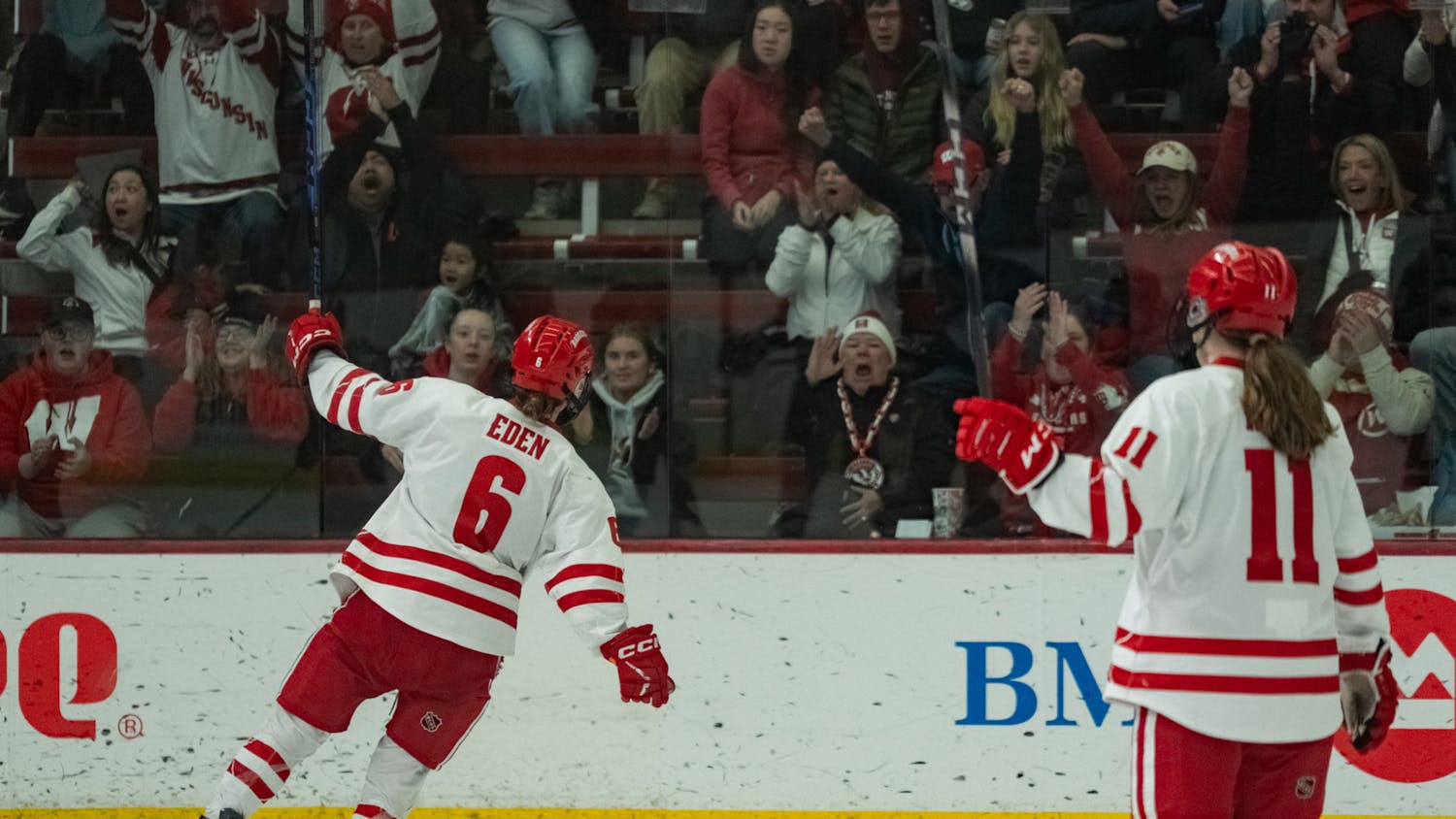There are lots of things that can derail the draft stock of an NFL prospect.
A poor combine showing, injury issues and even small hands on a quarterback are often red flags for team scouts.
However, nothing embarrases draft prospects more than social media mishaps, which give players unwanted attention and can send them tumbling down draft boards.
The most recent example of this occurred before last year’s NFL Draft, as the Twitter account of Laremy Tunsil posted a video of the offensive tackle smoking out of a bong. Around the same time, a picture was posted to his Instagram account that showed messages suggesting that he accepted money from a coach at Mississippi.
While these posts were very clearly acts of sabotage (Tunsil later explained his accounts were hacked), the Florida native’s draft stock still took a significant hit. Despite being initially slated as a potential top-five pick, Tunsil watched as the Baltimore Ravens (No. 6 overall pick) and Tennessee Titans (No. 8 overall pick) passed over him for other players at his position.
Though Tunsil’s freefall was relatively short-lived, as he was taken with the No. 13 overall pick by the Miami Dolphins, his draft tumble showed the significance of acting responsibly in the social media age.
More recently, Tunsil’s former college teammate Chad Kelly was busted for attempting to court an ex-porn star on Twitter, while 2017 projected No. 1 pick and Cleveland Browns’ target Myles Garrett likely upset his future employers by imploring the Dallas Cowboys to acquire him in the draft.
While these incidents have received less attention than the hacking of Tunsil’s accounts, and probably won’t have a huge effect on Kelly and Garrett’s draft stock, they speak to a general theme of social media responsibility that has become vital for young athletes to understand.
Gone are the days where the internet was seen as an escape from reality, with gaming enthusiasts forming niche communities and others revelling in the prospects of forming an utterly new identity.
Now, the internet is viewed as an extension of real life, rather than a chance for a different one altogether.
What that transition means for athletes is that questionable activity within the virtual world can have real-life implications. However, it seems like some players are slow to get this message.
While a social media mishap can be an unfortunate and costly incident for an athlete, these events are likely viewed by teams as vital to the process of weeding out inexperienced and immature prospects.
Just like a player’s draft stock can take a major hit because of off the field issues (domestic violence, drug issues, etc.), NFL prospects (like Tunsil) can also be gravely affected by online postings or activity. With the integration of social media into everyday life, NFL teams are probably just as scared by inappropriate or intolerant Tweets as they are by a checkered past.
Simply put, social media has joined the real, physical world as a vehicle for athletes to showcase their immaturity, and team executives are usually not in the business of differentiating between the two.
Additionally, the controversy and publicity that follows a social media mishap is underlain with the fact that most athletes do not commit such mistakes. What we can imply, then, is that acting responsibly on social media is something of a learned skill, which some athletes absorb better than others.
While there certainly is no direct correlation between learning social media skills and learning an offense, draft evaluations are processes of micro-inspection, and teams look for any indication that a player will have trouble cutting it at the next level. If a player can’t figure out how to act responsibly online, a team executive might ask, how can he manage to represent the team as a franchise player?
Social media activity, then, serves as a tiebreaker of sorts for GMs and owners to best decide who they want on their team. For guys like Tunsil, it will result in a degraded draft stock, while Wisconsin’s Ethan Happ, Bronson Koenig and Nigel Hayes can only serve to benefit from a responsible use of social platforms.
Ultimately, Tunsil still has the chance to have a long, successful career and a video of him smoking marijuana shouldn’t have been enough for teams to pass up on a potential Pro-Bowl talent.
Still, it’s not surprising that they did.
The internet is no longer considered a novelty or a toy, but rather a litmus test that shows whether an athlete will be able to handle all of the distractions and pitfalls that await him at the next level.
If they can’t handle Twitter, what will happen when they’re handed a multi-million dollar contract or thrown into a hostile environment at a rival team’s stadium?
Perhaps it seems nitpicky for teams to surveil an athlete’s online presence for the finest, smallest details.
It is detail, though, around which the NFL Draft revolves.






